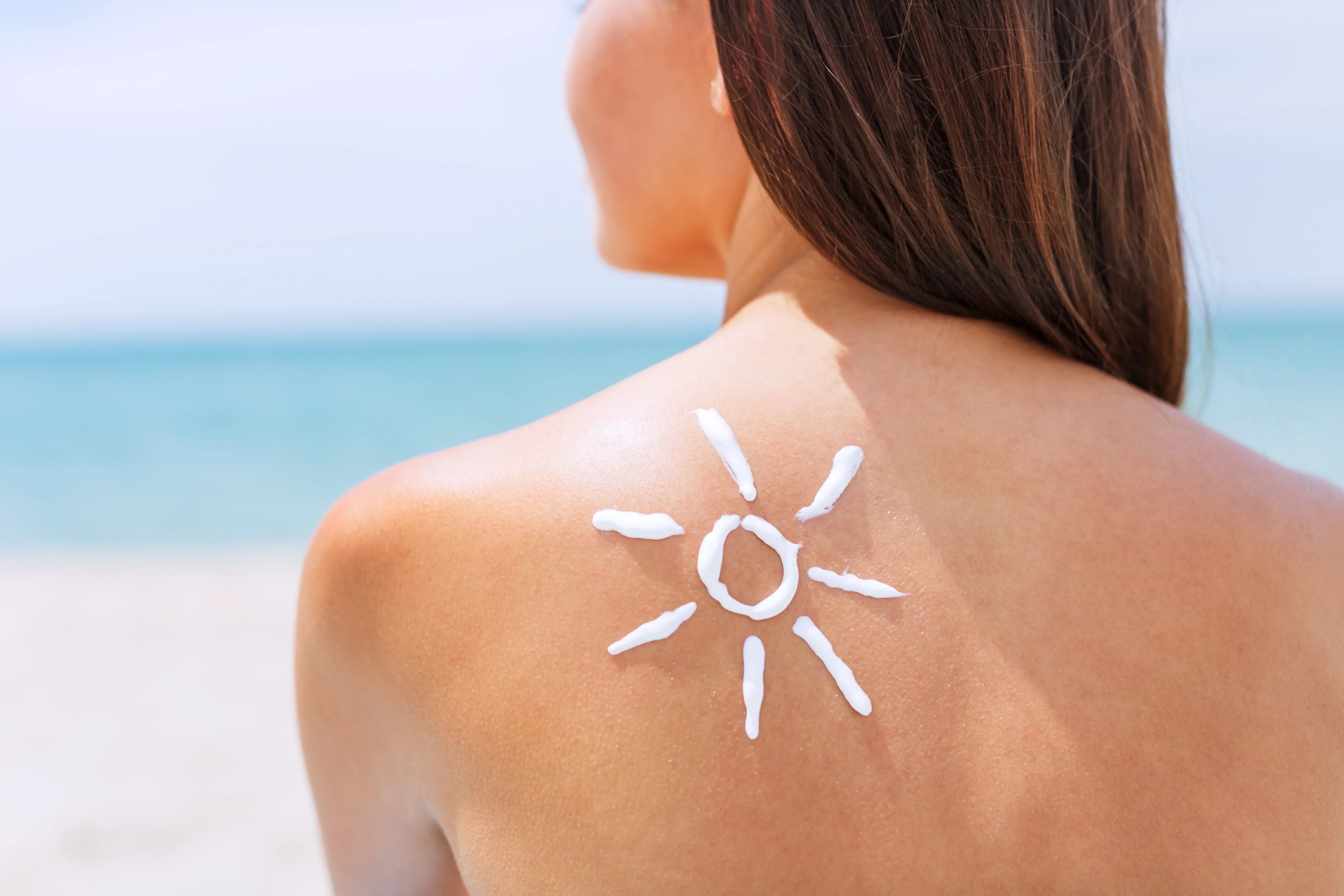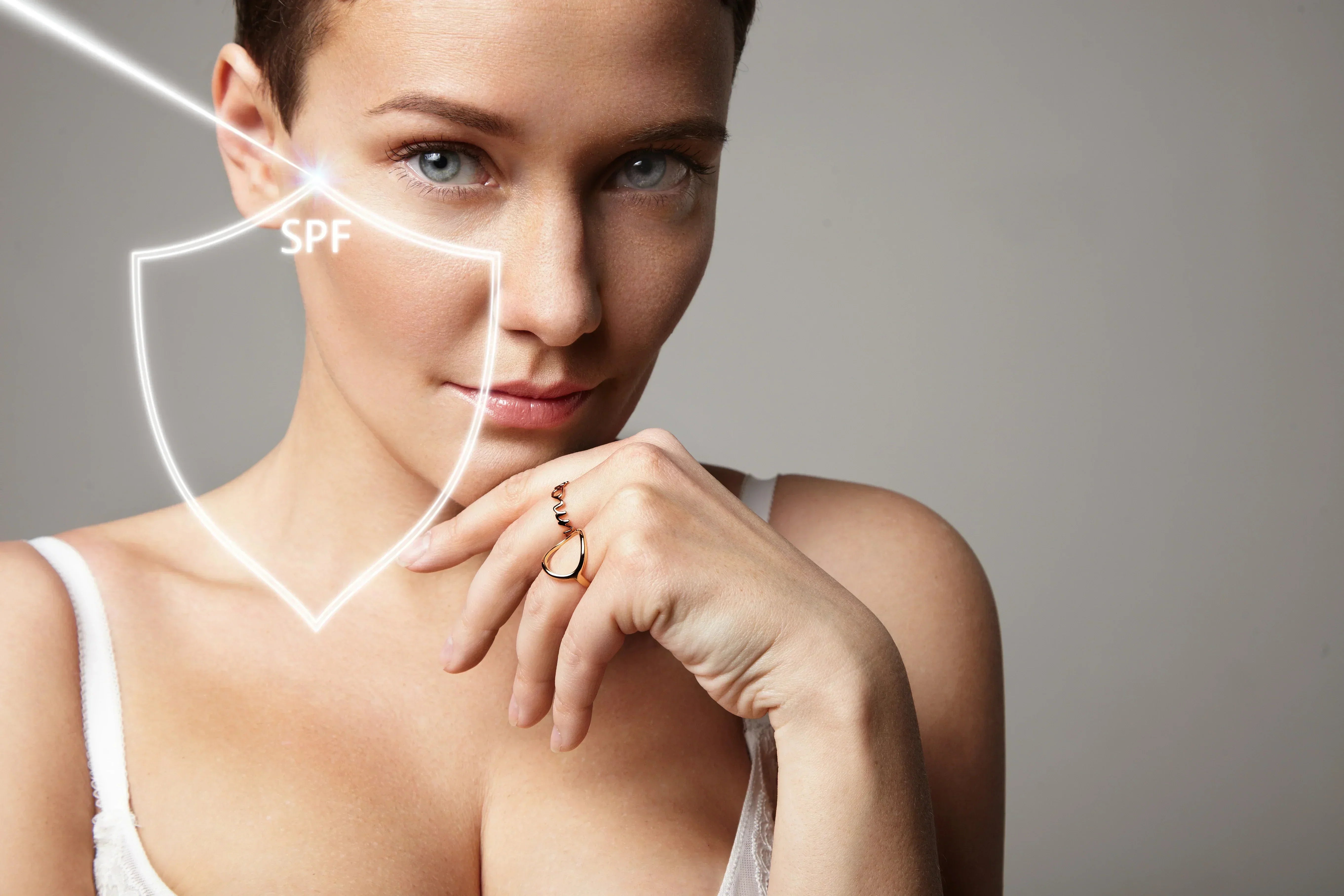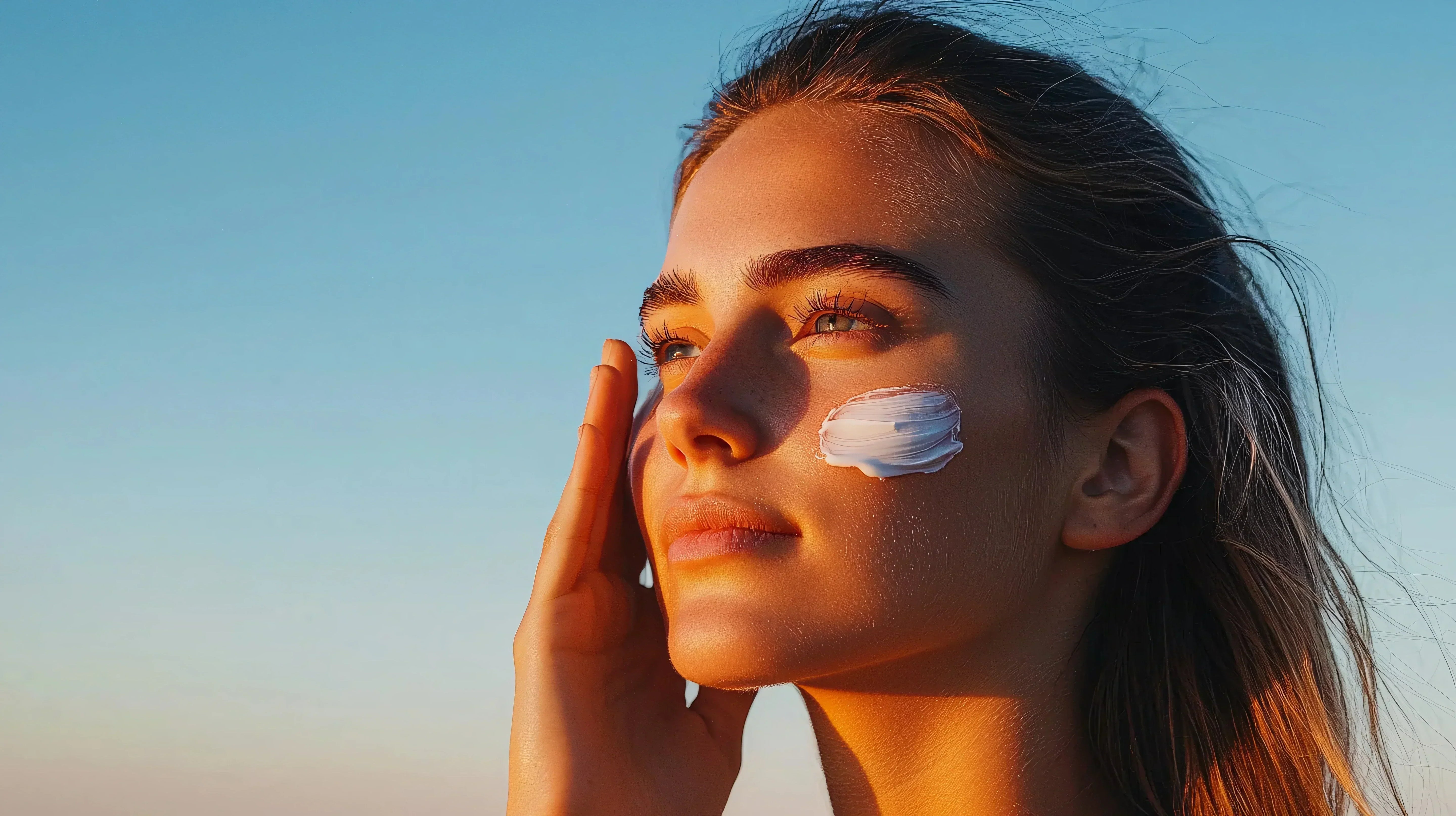
Your Ultimate Guide to Sun Protection
Sun protection is more than just a skincare trend—it’s a daily essential that helps prevent premature ageing, sunburns, and even serious health conditions like skin cancer. Whether you're stepping out for a short walk or spending hours under the sun, protecting your skin should always be a priority.
In this ultimate guide, we'll cover everything from the science behind UV radiation to choosing the right sunscreen for your skin type. If you've ever wondered "What is sun protection?" or "What is sunscreen for?" you're in the right place.
What Is Sun Protection?
Sun protection refers to all the measures you can take to shield your skin from the harmful effects of ultraviolet (UV) rays emitted by the sun. These rays UVA and UVB can penetrate the skin and cause damage at both surface and cellular levels. Long-term exposure can result in wrinkles, pigmentation, sunburn, and increase the risk of skin cancer.
Effective sun protection includes:
-
Wearing sunscreen daily
-
Using protective clothing and accessories (hats, sunglasses)
-
Seeking shade during peak sun hours (10 AM – 4 PM)
-
Avoiding tanning beds or artificial UV exposure
Understanding what sun protection is helps you build healthy habits that preserve your skin’s health for years to come.
What Is a Sunscreen?
Sunscreen is a topical product designed to absorb or reflect UV rays, preventing them from penetrating the skin. It’s the most widely used and dermatologist-recommended form of sun protection.
Sunscreens come in two main types:
-
Chemical Sunscreens: Absorb UV radiation through active ingredients like avobenzone or oxybenzone.
-
Physical (Mineral) Sunscreens: Reflect UV rays using ingredients like zinc oxide or titanium dioxide.
If you're wondering what sunscreen is and how it works, think of it as a protective shield between your skin and the sun’s damaging rays.
What Is Sunscreen For?
Sunscreen is for everyone, regardless of age, skin type, or weather conditions. It helps to:
-
Prevent sunburn and redness
-
Reduce the risk of skin cancer
-
Minimise premature ageing (fine lines, wrinkles, age spots)
-
Even out skin tone by preventing hyperpigmentation
Whether you’re spending the day at the beach or just commuting to work, applying sunscreen should be a non-negotiable part of your skincare routine.
How to Choose the Right Sunscreen
With so many options on the market, choosing the best sunscreen can feel overwhelming. Here are a few tips to help:
-
Look for Broad-Spectrum Protection: This guards against both UVA (aging) and UVB (burning) rays.
-
Choose SPF 30 or Higher: For daily use, SPF 30 is usually sufficient, but SPF 50 is better for extended sun exposure.
-
Match It to Your Skin Type:
-
Oily/Acne-Prone: Go for gel-based, oil-free formulas.
-
Dry Skin: Choose cream-based sunscreens with moisturizing ingredients.
-
Sensitive Skin: Opt for mineral sunscreens with soothing agents.
Need help finding the right product? Med7 offers dermatologist-recommended sunscreens tailored for all skin types and UAE weather conditions.
How to Use Sunscreen Properly
To get the most out of your sunscreen:
-
Apply it 15–30 minutes before sun exposure.
-
Use at least one teaspoon for the face and a shot-glass amount for the body.
-
Reapply every 2 hours, especially after swimming or sweating.
-
Don’t forget often-missed areas like ears, neck, and the tops of your feet.
Top Pic at Med7
-
VICHY Capital Soleil SPF50
-
Isdin Fotoprotector Fusion Fluid SPF50+
-
Bioderma Photoderm Max SPF50+
-
LA Roche Posay Anthelios SPF50+
-
Cetaphil Sun Spf50+
Sun Protection Beyond Sunscreen
While sunscreen is essential, it shouldn’t be your only line of defence. Combine it with:
-
Sun-protective clothing (long sleeves, UPF-rated fabrics)
-
Wide-brimmed hats for shade
-
UV-blocking sunglasses to protect your eyes
-
Lifestyle habits like avoiding sun exposure during peak hours
Sun protection is most effective when you take a multi-layered approach.
Common Myths About Sun Protection
Myth 1: “I don’t need sunscreen on cloudy days.”
Fac: Up to 80% of UV rays can penetrate through clouds.
Myth 2: “Dark skin doesn’t need sun protection.”
Fact: While melanin offers some protection, dark skin is still vulnerable to sun damage and pigmentation.
Myth 3: “I’m indoors all day, so I don’t need sunscreen.”
Fact: UVA rays can pass through windows and still cause skin damage.
Conclusion
Now that you know what is sun protection, what is a sunscreen, and what is sunscreen for, you can make informed decisions about your daily routine. Sunscreen is not just for beach days it's for everyday use, rain or shine, indoors or outdoors. Ready to upgrade your sun protection routine?
Explore Med7’s curated collection of dermatologist-approved sunscreens for all skin types and lifestyles. Protect your skin, stay radiant, and embrace the sun safely!



